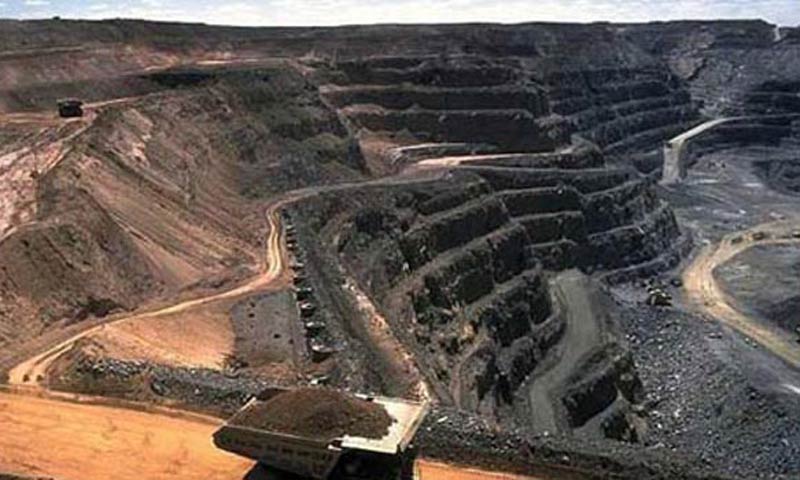
By Kofi Adu Domfeh
The government of Ghana has rejected the proposed $1.5 billion coal project to be established in the Ekumfi Aboano District in the country’s central region.
The Volta River Authority (VRA) and Shenzhen Energy Group have been pushing to get a 700MW coal plant up and running from April 2017.
But contrary to public announcements, the Minister of Environment, Science, Technology and Innovation, Mahama Ayariga, says the country is yet to grant permit for the construction of the coal plant.
“Having gone to deposit our instrument of ratification of the Paris Agreement, we will not come back home and be permitting coal plants,” the Minister asserted.
Anti-coal campaigners should be relieved with government’s new position; but they are demanding a Presidential decree to formally and publicly cancel the ambitious coal project and any future fossil fuel plans.
“Coal has severe health and environmental consequences so much so that developed nations are shying away from it. Our message is clear: the government should refrain from the coal fallacy once and for all and instead redirect its focus on renewable energy sources,” said Chibeze Ezekiel, 350.org Ghana anti-coal campaigner.
High-level officials struggled to justify the proposed coal plant when it came about in 2013, during the country’s worst energy crises.
The coal power project was intended to contribute to addressing the power generation shortfall in Ghana to meet domestic and industrial demands.
But opposition to the coal option described the proposal as the biggest source of greenhouse gas emissions.
Anti-coal campaigners argued for the protection of the environment without compromising on the health of the people and the integrity of the ecosystems.
The coal plant would have contradicted Ghana’s ratification of the Paris Agreement on Climate Change last August in the pursuit of sustainable development and attaining clean energy goals in line with Ghana’s Intended Nationally Determined Contribution (GH-INDC).
The Paris agreement, which aims to reduce greenhouse gas emissions, comes into effect in November, just before the Conference of Parties (COP22) taking place in Marrakesh, Morocco.
“There is no future in fossil fuel investments. The world urgently needs a just transition to 100% renewable energy with universal access across the globe,” said Landry Nintereste, 350Africa Regional Team Leader. “The African continent is well positioned to take the lead, refuse energy models that aggravate climate chaos and compromises it renewable development path”.









